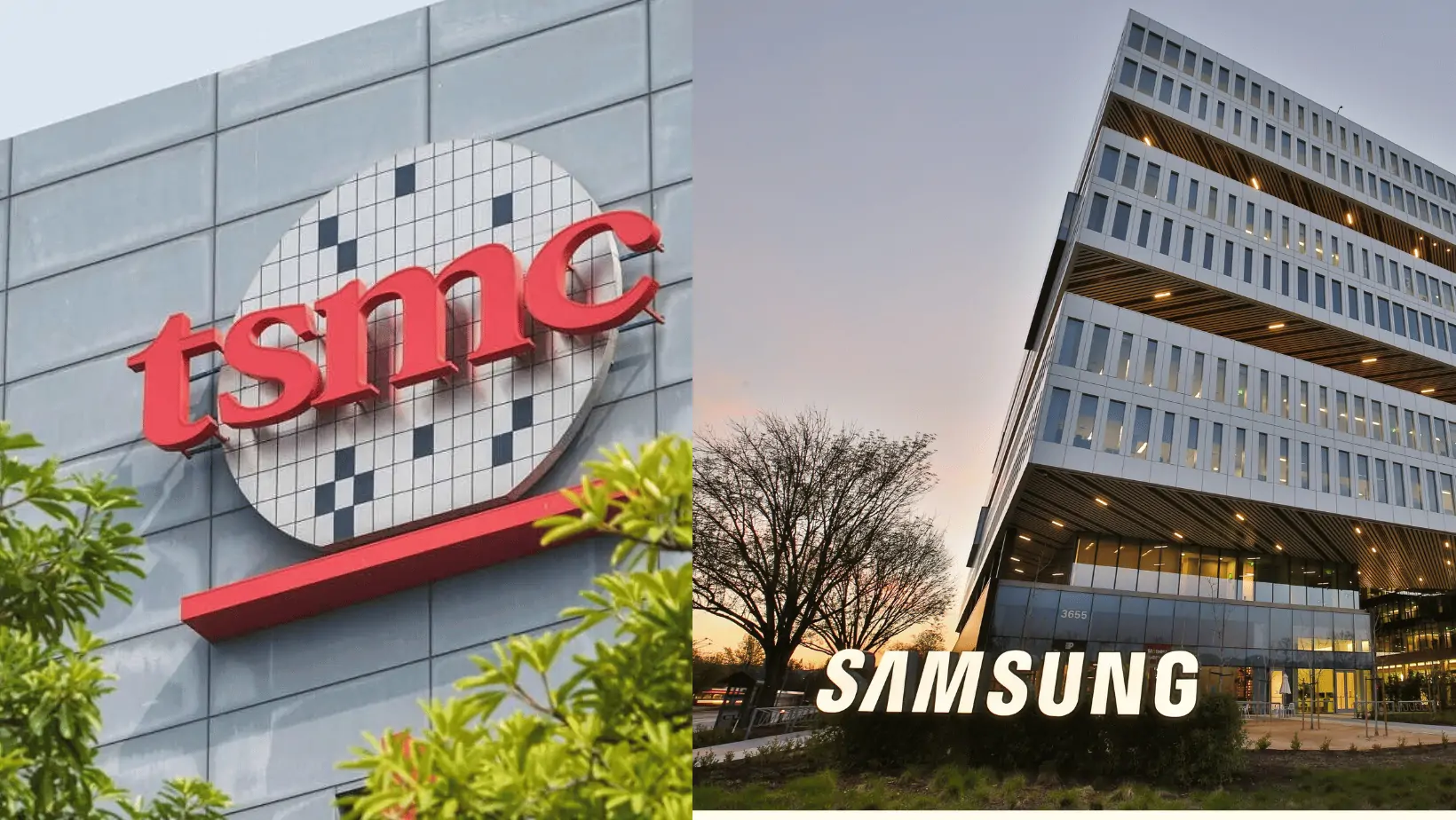
In a race to push the boundaries of semiconductor technology, leading chip manufacturers Samsung and TSMC are making significant strides in their plans to commence 2nm chip manufacturing. This move represents a pivotal moment in the semiconductor industry, promising unprecedented levels of performance and efficiency in electronic devices.
Samsung’s Mega-Cluster Semiconductor Plant in South Korea
Samsung, a global leader in semiconductor manufacturing, is set to inaugurate a groundbreaking “mega-cluster” semiconductor plant in South Korea. According to reports, this facility will comprise 13 chip plants and three research facilities, making it a central hub for cutting-edge semiconductor production.
The South Korean conglomerate is investing a staggering KRW 500 trillion ($371 billion) by 2047 into this ambitious project. With 2nm chip manufacturing slated to begin next year, Samsung is positioning itself at the forefront of semiconductor innovation.
TSMC’s Expansion Plans in Taiwan
Meanwhile, TSMC, the world’s largest contract chipmaker, is doubling down on its operations in Taiwan. The company is planning to establish 2nm chip fabrication plants and science parks in Hsinchu and Kaohsiung, along with another plant in Taichung, pending government approval.
This strategic move underscores TSMC’s commitment to maintaining its leadership in semiconductor technology. By keeping 2nm chip manufacturing within its home country, TSMC aims to ensure the highest level of quality control and intellectual property protection.
Challenges in Global Expansion
Despite their ambitious plans, both Samsung and TSMC have encountered challenges in expanding their manufacturing operations beyond Asia. In the United States, efforts to bolster domestic semiconductor production through initiatives like the CHIPS Act have been hampered by slow fund disbursement and regulatory hurdles.
Similarly, talent shortages and local opposition have impeded progress in other regions, including Europe, Japan, and India. Despite unveiling plans for semiconductor manufacturing subsidies, these countries have struggled to compete with the established infrastructure and expertise found in South Korea and Taiwan.
Slow Progress in Other Regions
Expansion efforts in regions outside of Asia, such as the United States, Europe, Japan, and India, have been slower or non-progressing. While some progress has been made, the challenges of establishing cutting-edge chip manufacturing facilities have proven to be formidable.
Both Samsung and TSMC are keeping 2nm chip manufacturing in their home countries for the time being, citing the need for tight control over supply chains and intellectual property. However, the global semiconductor landscape is evolving rapidly, with governments and industry players vying for a larger slice of the market.
Conclusion
The race to develop and manufacture 2nm chips is heating up, with Samsung and TSMC leading the charge. While challenges persist in expanding semiconductor manufacturing beyond Asia, efforts are underway to establish hubs in regions like the United States, Europe, Japan, and India.
The outcome of these efforts will not only shape the future of technology but also have significant implications for global trade and geopolitics. As Samsung and TSMC forge ahead with their ambitious plans, the world watches closely to see who will emerge as the dominant force in the semiconductor industry.
This website uses cookies.